- A Balanced Life
- Manage Stress
- CAM Treatments
- View Full Guide
Binge Watching and Your Health

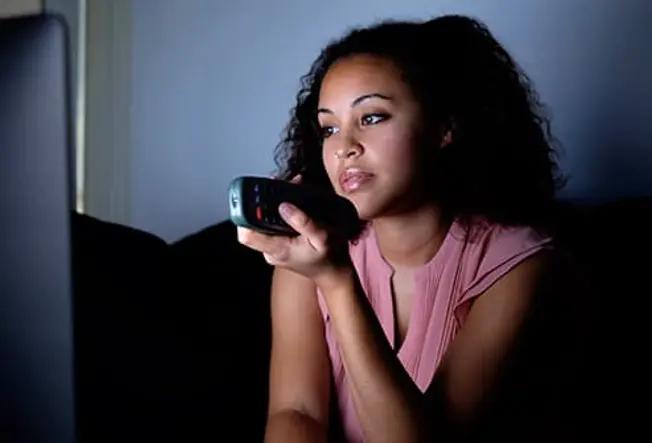
Are You a Binge Watcher?
That depends how long you’ve been on the couch with that glazed look in your eye, TV remote in one hand, empty “family size” bag of chips in the other. If it’s been more than 2 hours or you’re on your third episode, you may be binge watching.
No judgment here. We just want you to know how to protect your health when you do it.
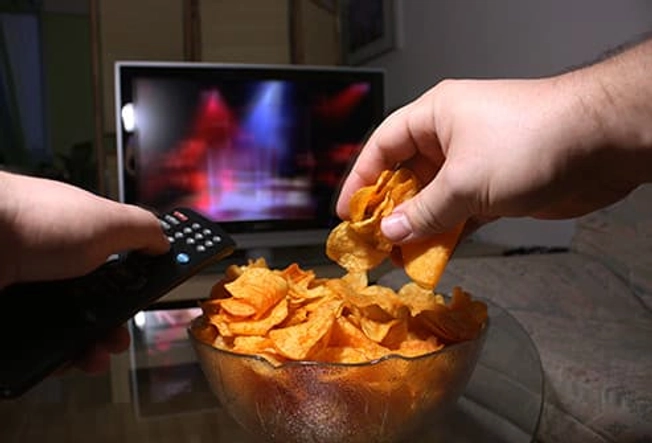
Start With the Chips
They’re labeled “family size” for a reason. You tend to eat more when you binge watch, so the fat and calories start to add up. Single-serving bags may help you eat less. Or better yet, have popcorn instead. It has fewer calories and whole grain. It's also loaded with fiber. Pop your own so you can keep your portion size in line. It can also help keep a lid on the fat and salt.

Move a Little
Making a habit of sitting for that long can raise your chance of having things like heart disease, diabetes, and cancer. It may change the way your body uses sugar and fat. It can also raise your odds of getting a blood clot in your leg that could go to your lungs and block blood flow. It's called a pulmonary embolism, and it's serious. Drink plenty of water, wear loose clothes, and take a walk about every hour to help avoid it.
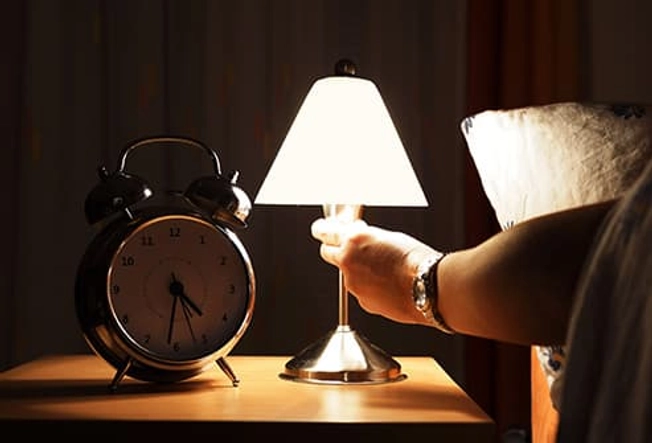
Stay Away From All-Nighters
You powered through 9 hours of your favorite show, and you did it right. You drank plenty of water, snacked on dry popcorn, and walked around the house every hour. But it’s 4:30 in the morning. You have to leave for work in 3 hours, and you haven’t slept. Lack of sleep can cause car wrecks, bad decisions, depression, and heart disease. You need 7-9 hours a night. So binge if you must, but make sure you get to bed on time.

Don't Make It a Habit
When you sit for long stretches, your body burns fewer calories and stores the extra as fat. Even if you work out regularly and eat right, it’s hard to make up for all that couch time. A binge may be OK as a treat now and then, but it’s better to limit screen time and move around.
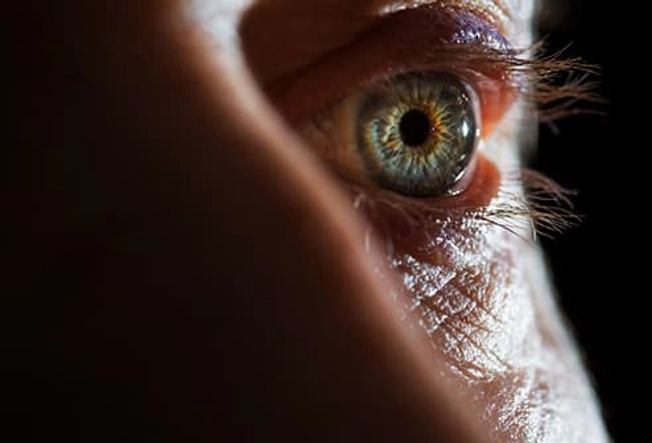
Protect Your Eyes
Too much screen time may make them sore and dry, and give you blurry vision. Use the 20-20-20 rule: Look to the side every 20 minutes for 20 seconds at something at least 20 feet away. Your screen should be 20-28 inches away from you. You can add a filter to cut any glare, too. And don’t forget to blink. It helps keep your eyes moist and healthy.
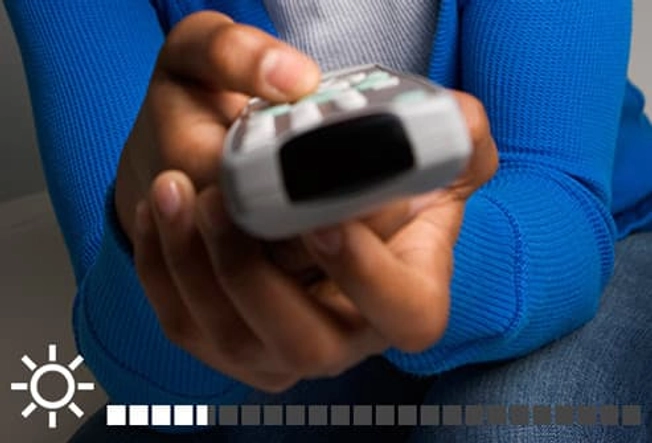
Keep Strain to a Minimum
All that light from your TV or smart device can make your eyes sensitive and give you a headache. Dim the brightness on your screen, and try not to watch for more than a couple of hours a day. Keep the center of your monitor about 4-5 inches below eye level. That'll help protect you from neck strain.

Sit Up Straight
When you sit for a long time, you put a lot of stress on your back muscles, neck, and spine. Sit straight in a chair that supports your back. You could even stand and watch for a bit. No matter what you do, it helps to get up and move around every half-hour or so to take the pressure off.
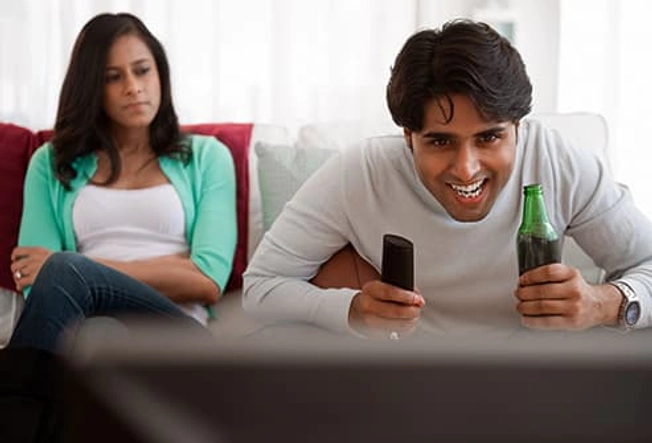
Don't Ignore People
That screen can take up all your attention. You might not talk with friends and family as much, and you may be less likely to play sports or join groups. If you feel “addicted” to your shows, or if they seem to get in the way of your work or home life, a talk with a mental health professional may help.
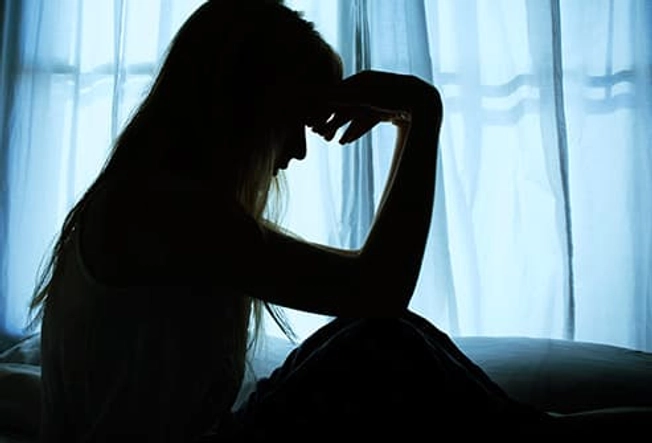
Keep the Blues Away
Binge watching can make you sad. That’s in part because you tend not to move for hours at a time. You also may not sleep as much, or as well. Both can make you depressed and anxious. Being inside a lot, often alone, doesn’t help either. Sunshine, exercise, and the company of others might make you feel better.
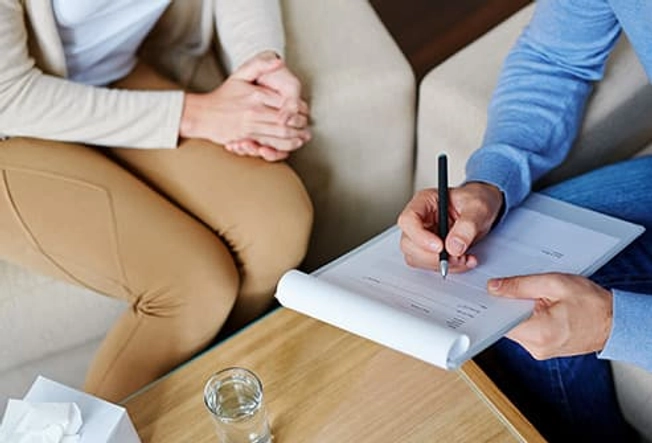
If There's a Problem, Handle It
You’re more likely to binge watch when you’re lonely or depressed. And if you do it, you may feel worse. If this sounds like you, try to break the cycle or talk to a mental health professional about healthier ways to deal with what's going on.